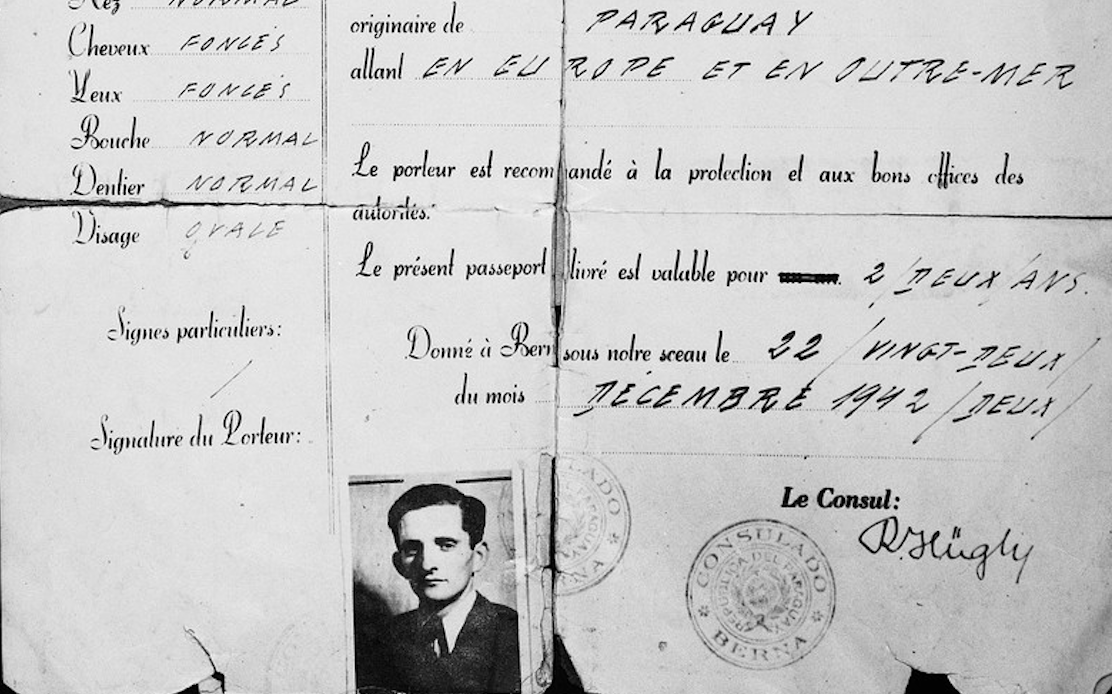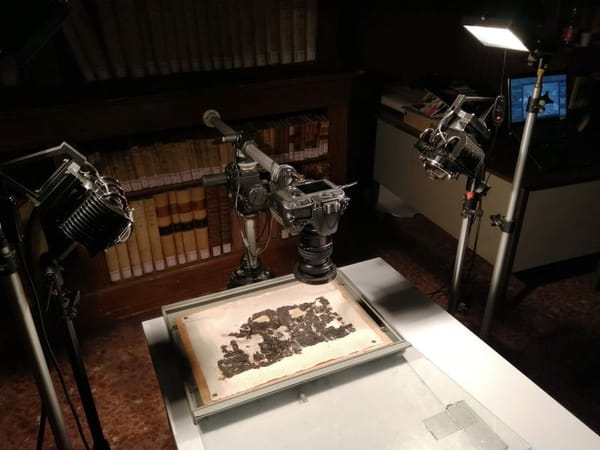Some believe Long Covid brain fog is acquired ADHD

From Amitha Kalaichandran for Undark: "In May, I was invited to take part in a survey by the National Academies of Sciences, Engineering, and Medicine to better delineate how long Covid is described and diagnosed as part of The National Research Action Plan on Long Covid. The survey had several questions around definitions and criteria to include, such as “brain fog” often experienced by those with long Covid. My intuition piqued, and I began to wonder about the similarities between these neurological symptoms and those experienced by people with attention-deficit/hyperactivity disorder, or ADHD. As a medical journalist with clinical and epidemiological experience, I found the possible connection and its implications impossible to ignore."
A Russian whaling fleet hunted humpback whales almost to extinction

From Charles Homans for the Pacific Standard: "In five years of intensive whaling by first one, then two, three, and finally four fleets, the populations of humpback whales off the coasts of Australia and New Zealand were so reduced in abundance that they were completely destroyed. It was one of the fastest decimations of an animal population in world history, and it had happened almost entirely in secret. By the time a ban on commercial whaling went into effect, in 1986, the Soviets had reported killing a total of 2,710 humpback whales in the Southern Hemisphere. In fact, they had killed nearly 18 times that many, along with thousands of unreported whales of other species."
The master forgers who saved thousands of lives during World War II

From Nina Strochlic for Atlas Obscura: "In October 2023, British historian Roger Moorehouse released The Forgers, which unravels the previously untold story of this daring campaign to rescue European Jews. To pull it off, the Polish government, operating in exile after the German occupation in 1939, forged around 10,000 Latin American passports that helped Jews across the continent escape almost certain death. The group was made up of four diplomats working out of the Polish embassy in Bern, Switzerland along with two humanitarian representatives. Three of the six were Jewish. At the time, Switzerland, an island of democracy amid a rising sea of totalitarianism, was abuzz with spies, diplomats, refugees, and humanitarians. But tensions were high."
Editor's note: If you like this newsletter, I'd be honoured if you would help me by contributing whatever you can via my Patreon.
A Christmas spent guarding a tent full of explosives in the Mississippi wilderness

From Harrison Scott Key for Longreads: "“Absolutely not,” Mom said, when I explained over the phone that I’d found holiday employment with Boom City, managing Central Mississippi’s largest fireworks tent on a dark patch of highway just over the river from the Murder Capital of the New South. “You’ll be robbed,” Mom said. “What kind of company hires a child to sell explosives?” A few days later, my father made a rare appearance on campus. “I brought you some things,” he said, opening the trunk of the car to reveal gun cases, ammo, and a machete wrapped in an army blanket. Pop had brought along my old 12-gauge pump, my .30-.06 rifle, and three preloaded clips with 220-grain shot. Sometimes, when I think about my life, I think about the time my father handed me a sack of guns in a parking lot because he didn’t want me to die."
The South Korean woman who adopted her best friend

From Hawon Jung for Al Jazeera: "Most mornings, Eun Seo-Ran begins her day at around 7am by brewing tea for herself and her adopted daughter Lee Eo-Rie – Seo-Ran is an essayist, while Eo-Rie is a student. Despite being her adopted daughter, Eo-Rie is 38, just five years younger than 43-year-old Seo-Ran. The women have been best friends and roommates for seven years. Last May, Seo-Ran adopted Eo-Rie in a bid to become family under South Korea’s strict family law. By law, only those related by blood, marriage between a man and a woman, and adoption are recognised as family. Strict gender roles and patriarchal family culture remain deeply ingrained in South Korea. But in recent years, more South Koreans have started to challenge these norms."
The 200-year-old mystery of Beethoven’s “immortal beloved”

From Emily Zarevich for JSTOR Daily: "It’s one of the great mysteries of music history, as high in the ranks as “Who wrote the Renaissance lover’s tribute ‘Greensleeves’” and “How did Amadeus Mozart really die?” In eighteenth- and early nineteenth-century Europe, correspondence was a private means of communication, and some clandestine love affairs conducted in secret succeeded in evading confirmation from even the most determined detectives. Which is why the world is still wondering, centuries after the question was first asked, “Who was Beethoven’s ‘Immortal Beloved?’” On either July 6 or July 7, 1812, Beethoven penned a passionate letter in which he called the addressee “my angel” and “my dearest creature,” and most memorably “Immortal Beloved.”
When people put babies in window cages
A baby cage, initially named a "health cage", was essentially a bed encased in wire, dangling from the windows of city apartments.
— Fascinating (@fasc1nate) December 11, 2023
Mrs. Robert C Lafferty devised this concept to allow babies access to fresh air and sunlight despite living in densely populated cities.
Baby… pic.twitter.com/c8BSWhanZj
Acknowledgements: I find a lot of these links myself, through RSS feeds etc. But I also get some from other newsletters that I rely on as "serendipty engines," such as Rusty Foster's Today In Tabs, Clive Thompson's Linkfest, Maria Popova's website The Marginalian, The Morning News from Rosecrans Baldwin, Why Is This Interesting, Dan Lewis's Now I Know, Robert Cottrell and Caroline Crampton's The Browser, Sheehan Quirke AKA The Cultural Tutor, the Smithsonian magazine, and JSTOR Daily. If you come across something you think should be included here, feel free to email me.


